Selection from Zvonimir Rogoz's creative opus
Izbor iz stvaralačkog opusa Zvonimira Rogoza
Selection from Zvonimir Rogoz's creative opus
More...Selection from Zvonimir Rogoz's creative opus
More...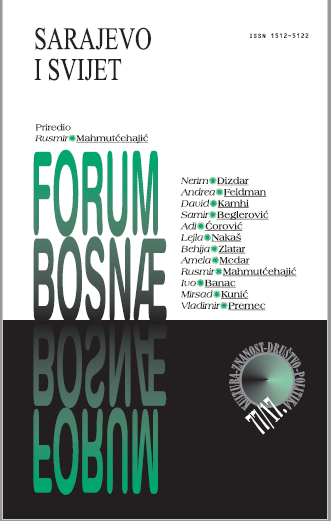
Review of: Rusmir Mahmutćehajić, Andrićevstvo: Protiv etike sjećanja, Beograd: Clio, 2015.
More...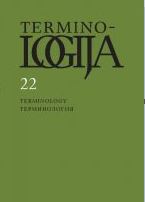
Review of: Solvita Labanauskienė - Asta Mitkevičienė 1918 – 1940 METŲ LIETUVIŲ LITERATŪROS MOKSLO TERMINAI . DAKTARO DISERTACIJA Vilnius: Lietuvių kalbos institutas, 2015, 227 p. Robertas Stunžinas - Markas Paura Sąvokos kompiuterių virusas semantinis laukas . Daktaro disertacija Vilnius: Vilniaus universitetas, 2014, 246 p.
More...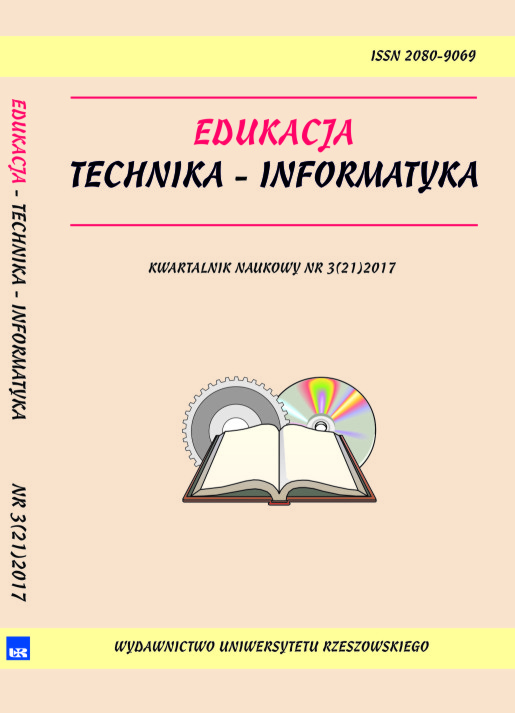
Keywords: methodology; teaching methods; methods of professions; learning theory; theory of cooperation in education
Scientific methods that are part of knowledge – it is whole arsenal of accumulated research methods and stage of scientific activity (techniques, methods) used in the process of scientific activity in this particular cycle. In particular, problems and hypotheses is scientific knowledge also, but they are more significant than stages of scientific activity. Scientific activity – intellectual creative activity aimed at obtaining and use of new knowledge. It comprises the steps of obtaining scientific production: 1) formulation (appearance) of the problem; 2) construction of hypotheses and using those that already exist; 3) creation and implementation of new methods of research aimed at proving the hypotheses; 4) summary the results of scientific activity. It is necessary to mean that the main product that meets the objectives and problems which are resolved, science gets only at the end of the cycle in the form of laws and theories. In the intermediate stages the science gets a by-product a part of which is used in the same cycle, and part goes to replenish the knowledge and the formation of new cycles. Scientific activity exists in various forms, such as: scientific and research activity; scientific and organizational activity; scientific and educational activity; scientific and information activity; scientific and support activity, etc. (Розвиток науки…).
More...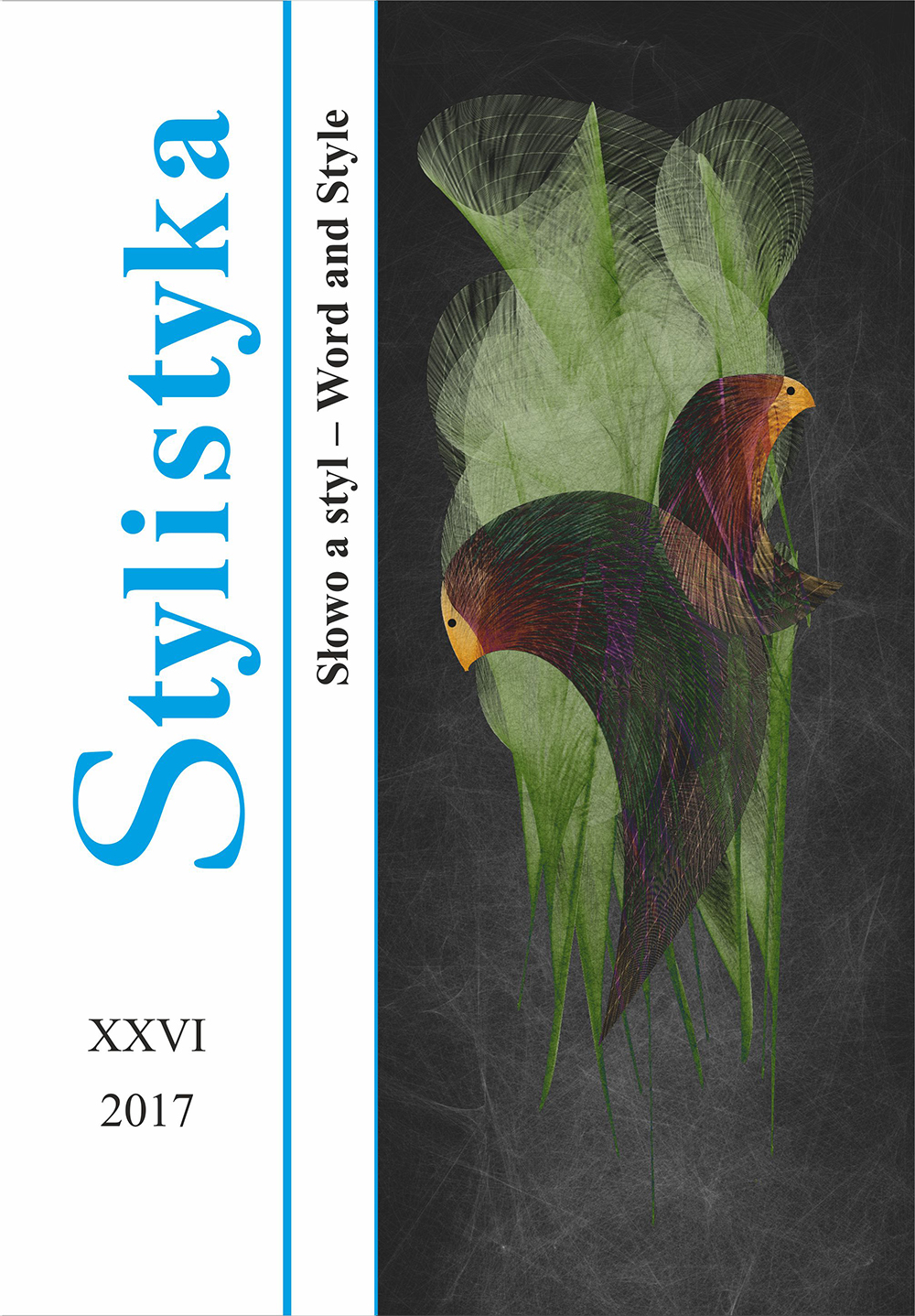
Keywords: style; linguistic; the theoretical and scientific discourse atribut; humanities and social sciences
One of the devices to enliven the stylisation of professional expression is the attributive adjective, which as a stylistically active means contains functional elements intentionally debilitating to the basic features of scientific style, namely an explicit endeavour to subjectivise the authorial assessment, or possibly to make the stylisation of professional discourse more distinct. The frequency analyses of the contemporary corpus of scientific communication written in Czech has evidenced an abundant occurrence of the attributive adjective, mainly in the humanities and social sciences. There the attributive adjective is a means of subjectivised authorial assessment, fulfilling the intention of indirect or even metaphorical appellation, most frequently through confrontation of two components from different communicational spheres, or conveying vagueness, inaccuracy and relative values, itself being loaded with expressive marker. The fixedness of some profusely used collocations reduces the notionality of expression and, namely in monographs produced in humanities and social sciences where its occurrence is high, it may become a stereotype of cliché-ridden and trendy expression. Clichéd communication is typified by using hackneyed meaningless words, with the authorial scientific diction being permeated by clichés, hackneyed and empty phrases, and vogue expressions from various communicational spheres.
More...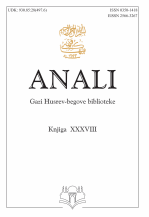
Keywords: book review; collective work; scientific research; Herzegovina;
Review of: “NAUČNI SKUP: HERCEGOVAČKI NAUČNICI/ZNANSTVENICI I TRADICIJA ISTRAŽIVANJA U HERCEGOVINI“; Federal Ministry of Education and Science, Mostar, 2016., 748 pages by: Hamza Lavić
More...Keywords: full reduplication; partial reduplication; pronominal function; Hungarian; general pronouns; indefinite pronouns;
The author discusses the nature and types of reduplication as well as its functions in Hungarian and in various other languages of the world. By the help of examples of full or partial reduplication, she proves the claim that reduplication may have the function of turning an item into a (general or indefinite) pronoun in Hungarian. The paper does not wish to present a definitive solution concerning the role of reduplication in providing an item with general /indefinite meaning or in changing its part-of-speech affiliation. Rather, it only wishes to point out the flexible nature of the categorizability of word classes.
More...Keywords: story; ideology; semiotics of literature, Edin Pobrić
Edin Pobrić: Priča i ideologija / semiotika književnosti, Centar SAMOUPRAVA Sarajevo, 2016.
More...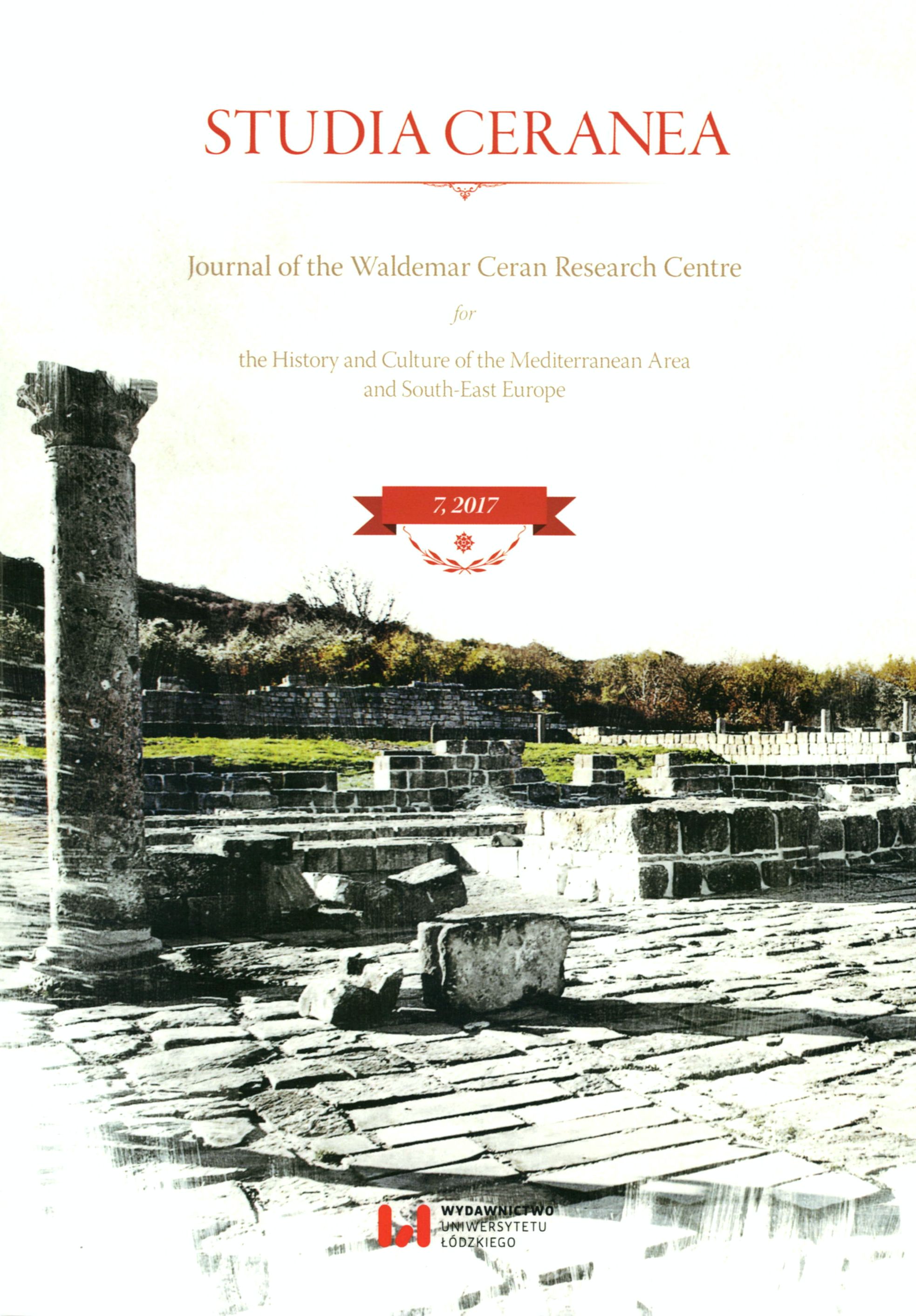
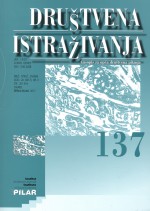
Keywords: conference report; totalitarianism; heritage; contemporary society;
Place: Mostar, BiH Date: 02. 06. 2017
More...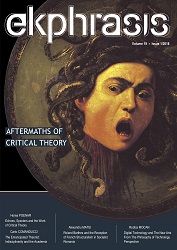
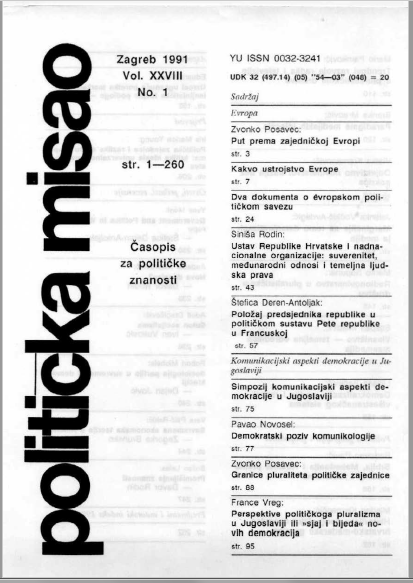
Keywords: Mass media; Ownership; Yugoslavia;
The ownership of public means of communication has become fundamental for the destiny of the mass media in Yugoslavia, and in particular in Slovenia and Croatia. Social ownership which comprised all the mass media without exception has disappeared from the scene.
More...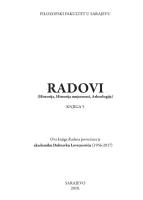
Keywords: Book-review;
Review of: Iva Lučić, "In Namen der Nation. Der politische Aufwertungsprozess der Muslime im sozialistischen Jugoslawien (1956-1971)", Uppsala: Acta Universitatis Upsaliensis, 2016, 335 str.
More...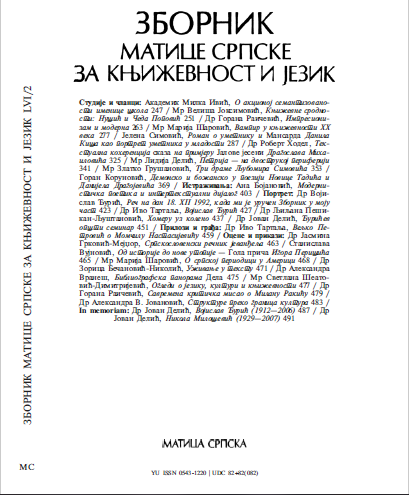
Keywords: school; Noun; Actional semantics;
This paper examines the current views on the actional semantics of the noun ’school’ registered in many Slavic languages and shows how language data of Standard Serbian give support to them.
More...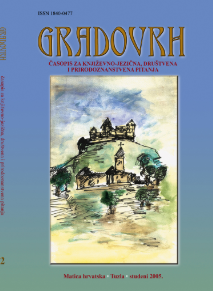
Keywords: book review; Ivan Lovrenović; Bosnian Croats; BiH; culture;
Review of: "Ivan Lovrenović: Bosanski Hrvati, Esej o agoniji jedne evropsko-orijentalne mikrokulture"; Durieux, Zagreb, 2002 by: Nedžad Ibrahimović
More...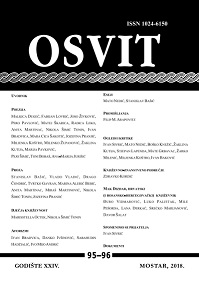
Keywords: Croatian literature; poetry; Marina Kljajo Radić;
Kada me Nikola Šimić Tonin prije nekoliko dana pozvao da dam svoj prinos današnjem predstavljanju, Marinu Kljajo Radić mi je, među ostalim, predstavio kao modernu pjesnikinju. Dopustite mi, stoga, da ovo izlaganje započnem riječima velikoga Ive Andrića koji kaže: „Pisac i ne može ne biti moderan, ako želi da u beskrajnom nizu naraštaja kaže svoju reč, u prvom redu svome pokolenju, a zatim i onima koji dolaze iza njega (…) […]
More...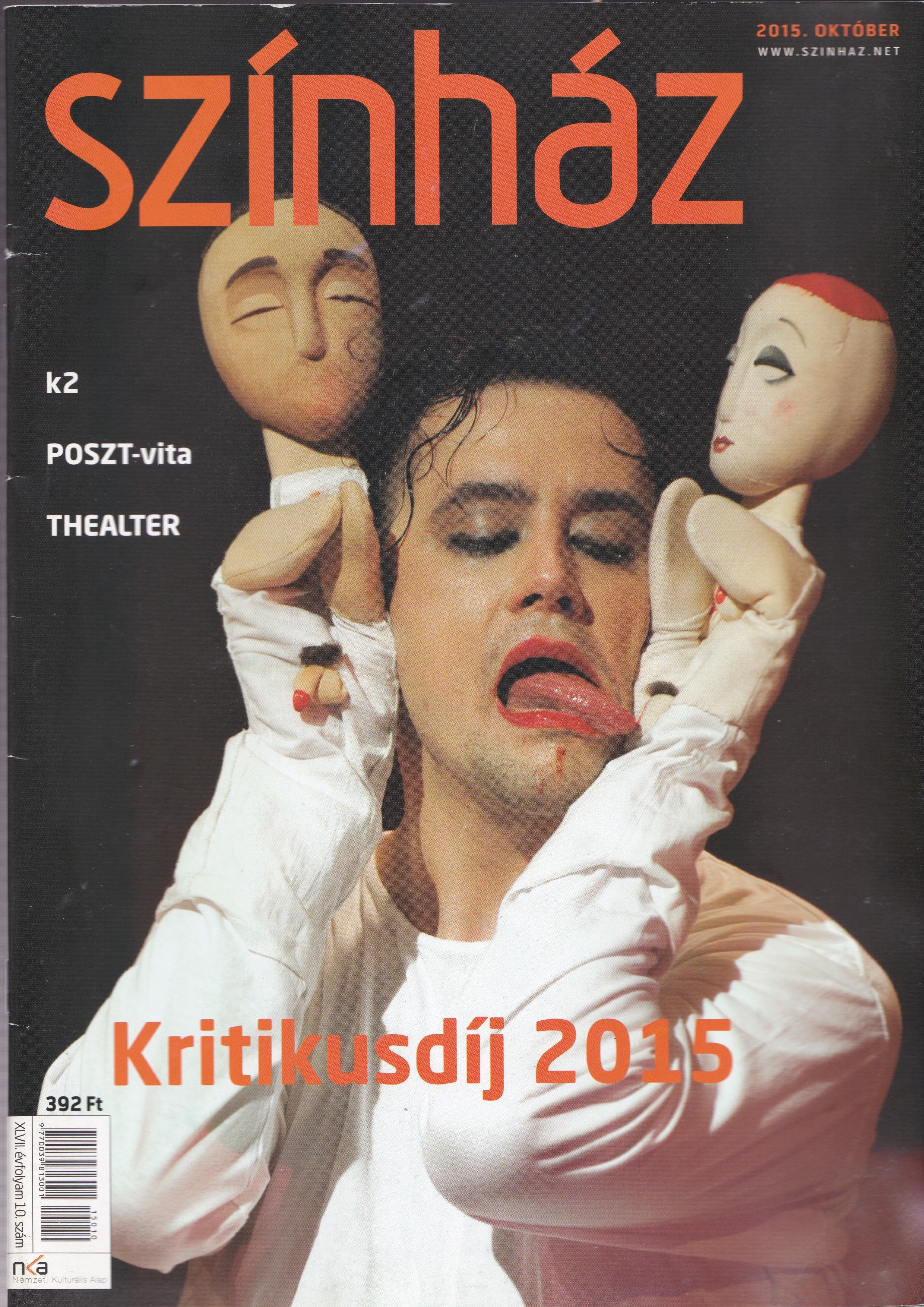
Keywords: Alkalmáté, András Dömötör
The usual yearly production of Alkalmáté, where the members of the class become the protagonists of a piece, one by one. This year the title role is for András Dömötör, actor-director, currently working in Germany.
More...
Keywords: János Mohácsi; Belvárosi Theatre
The review of a Hair-adaptation by János Mohácsi with his former class at University of Kaposvár.
More...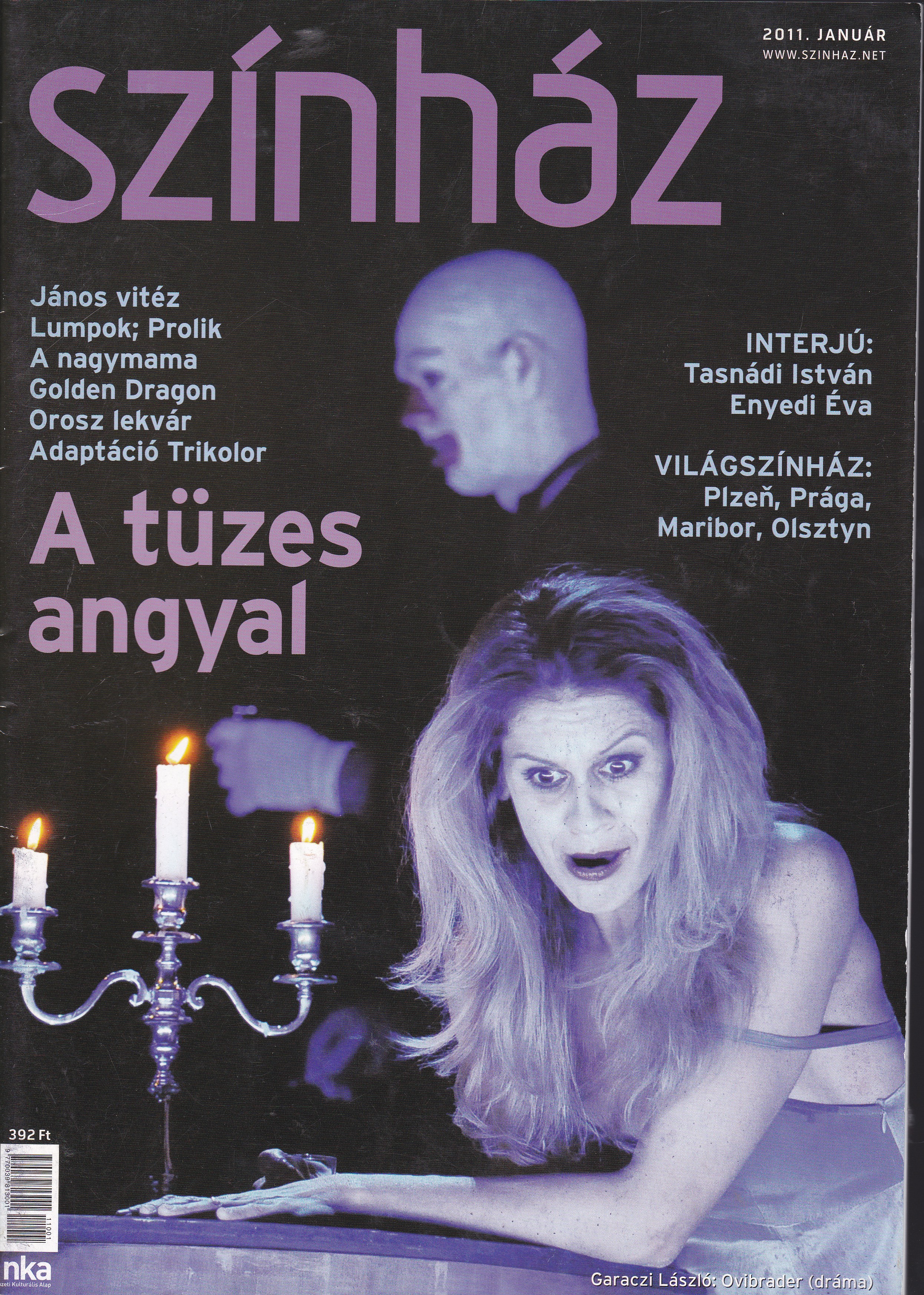
Keywords: Krisztián Gergye; MU Theatre; contemporary dance; dance; review;
Review of Krisztián Gergye's performance "Adaption Tricolor" presented at MU Theatre, having the focus on the interrelations between the choreography and the actual (socio-political) situation in Hungary
More...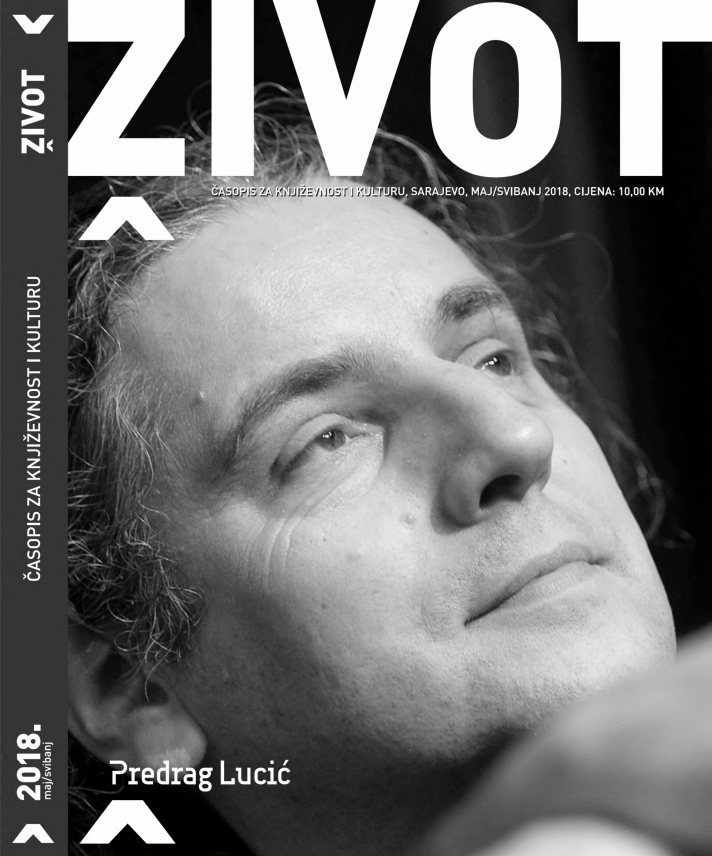
Keywords: In memoriam; Dejan Đuričković (1938-2017);
U jesen 2017. godine, u svome rodnom mjestu Banjoj Luci, umro je u 79. godini života Dejan Đuričković, bivši viši naučni saradnik na Institutu za književnost u Sarajevu (od 1967. do 1993. godine), redovni profesor na Filozofskome fakultetu u Sarajevu, Odsjek za književnosti naroda BiH (od 1993. do 2006. godine) i višegodišnji urednik časopisa Bosanska vila (nova serija) pri Srpskom kulturno-prosvjetnom društvu Prosvjeta u Sarajevu, kao i časopisa Putevi, Život, Godišnjak Instituta za književnost u Sarajevu, Novi Izraz. Na Filozofskome fakultetu u Sarajevu prof. dr. Dejan Đuričković predavao je, od 1993. do 2006. godine i odlaska u penziju, nastavne kolegije iz oblasti moderne srpske književnosti (19. i 20. vijek).
More...